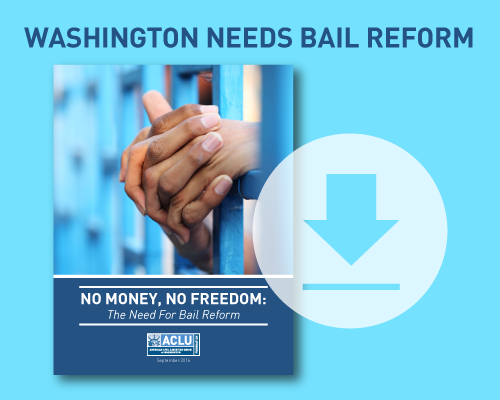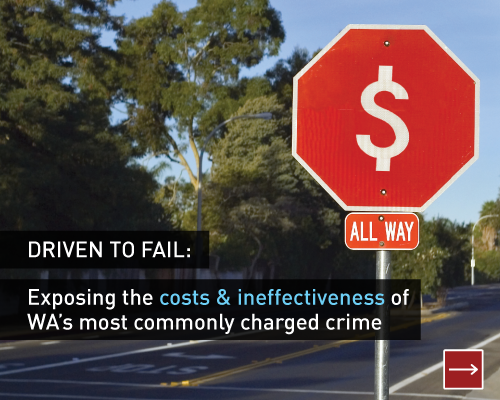Published:
Monday, August 16, 2010Although the number of people being arrested and imprisoned for drug crimes in Washington is decreasing, we still rely far too heavily on the criminal sanction for dealing with drug abuse. Only 140 people were in Washington prisons for drug crimes in 1980, while in 2008 there were over 2,300. And this doesn’t include people locked up in jails; for example, in 2008, the average daily population (ADP) of drug offenders in the King County jail was 459 – 18% of total ADP. Similarly, less than 6,000 people were arrested for drug crimes in 1981, while the figure was over 20,000 in 2009 (down from an all time high of 27,909 in 2007). Even after adjusting for population changes, these increases are staggering.









